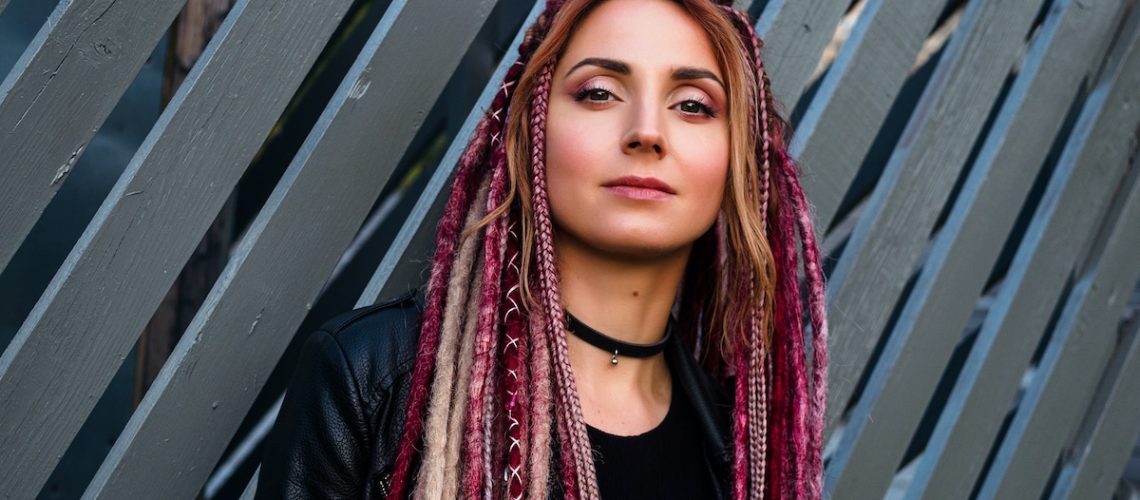Ready to cringe at how much cultural appropriation is masked as American innovation? Here are 21 things white Americans have co-opted, rebranded, and often butchered, ignoring their rich and diverse origins. It’s time to set the record straight.
1. Yoga

Yoga, which originated in ancient India over 5,000 years ago, has been commercialized in the U.S. It’s a billion-dollar industry often taught without acknowledging its spiritual and cultural roots. No, it’s not just a trendy exercise routine.
2. Rock ‘n’ Roll

The foundations of Rock ‘n’ Roll lie in African American blues, gospel, and jazz. Legends like Chuck Berry and Little Richard were pioneers, but somehow, Elvis Presley gets all the glory. No, Elvis did not invent Rock ‘n’ Roll.
3. Sushi
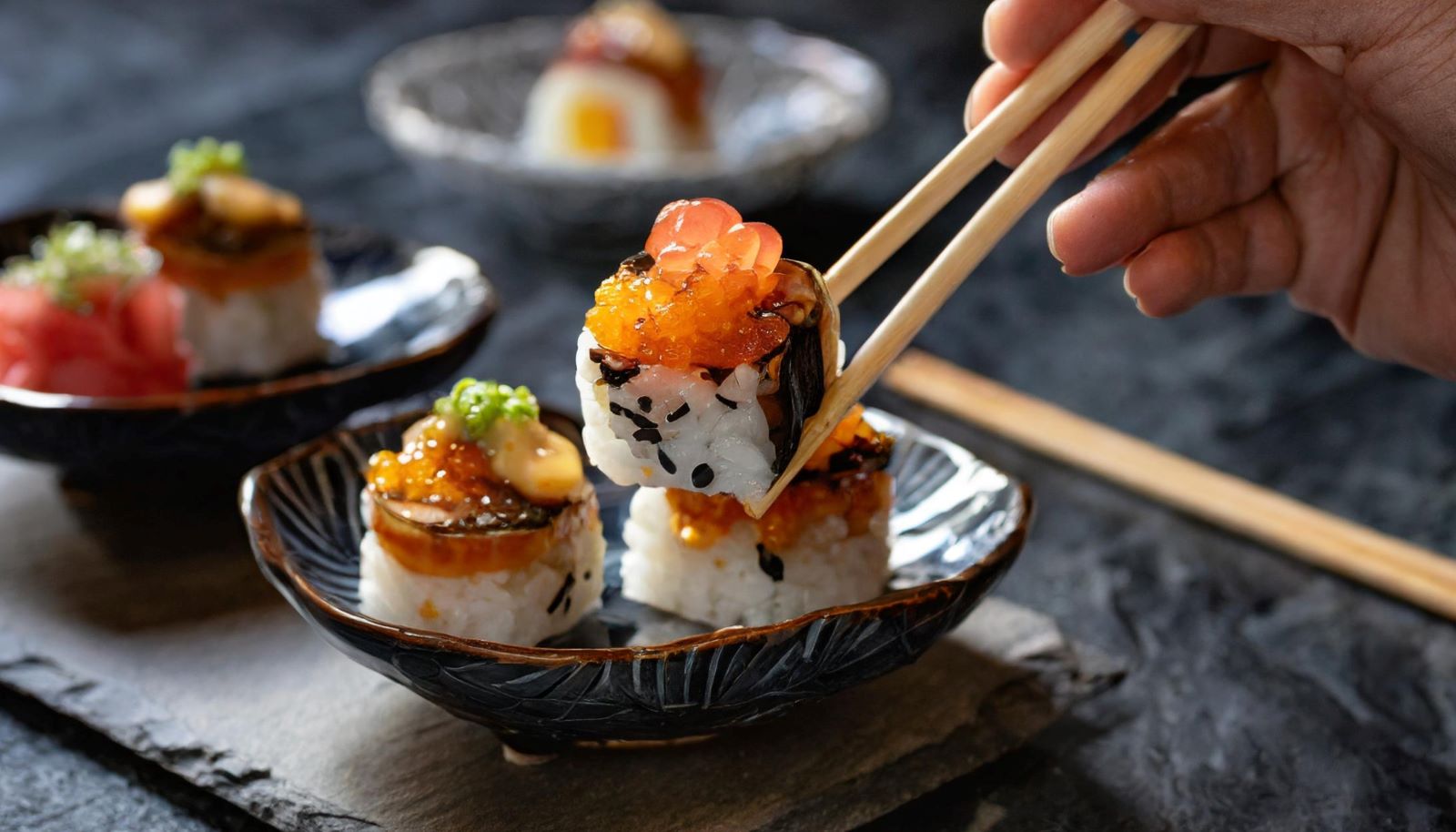
Sushi is a traditional Japanese cuisine, now Americanized into rolls like the California roll. The intricate history and cultural significance are often overshadowed by Western adaptations. No, it’s not just a cool way to eat raw fish.
4. Cinco de Mayo
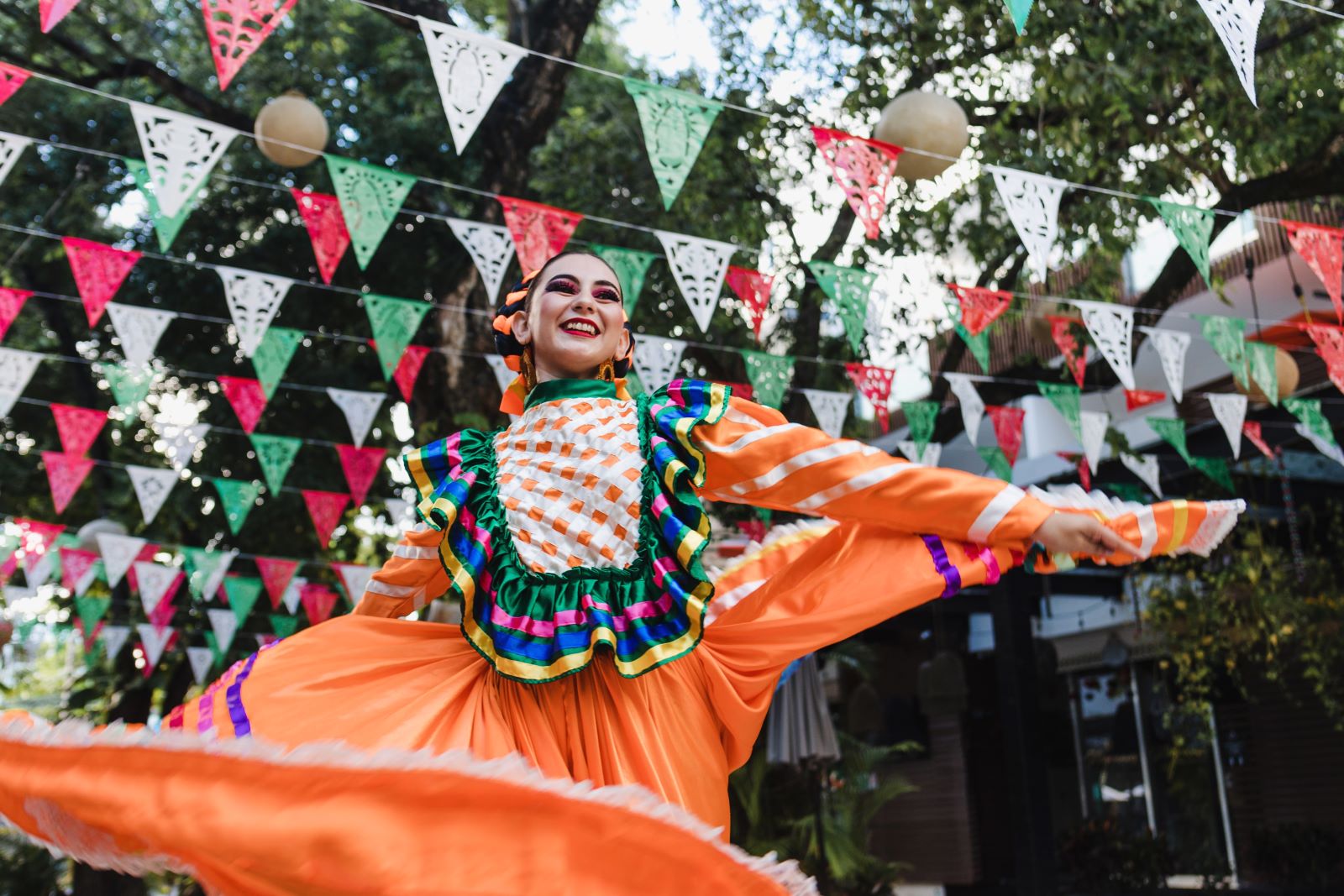
Cinco de Mayo, originally a Mexican holiday celebrating the victory over French forces, has been turned into a drinking fest in the U.S. Brands like Corona and restaurants like Chili’s have commercialized it, ignoring its historical significance. No, it’s not just an excuse for a party.
5. Belly Dancing
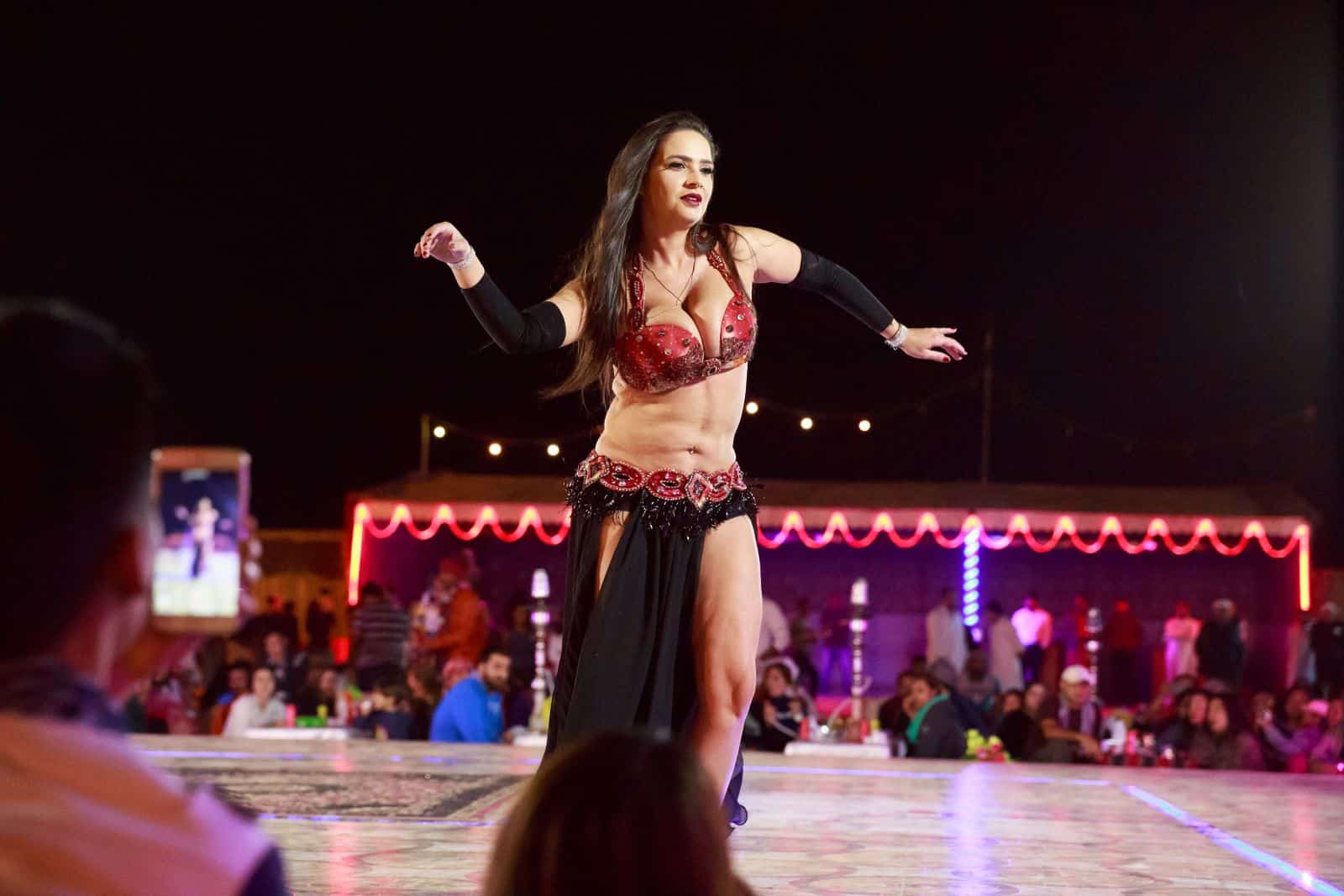
Belly dancing, with roots in Middle Eastern and North African cultures, has been appropriated as a fitness trend. Stars like Shakira have brought it to the mainstream, often without acknowledging its rich cultural context. No, it’s not just a new workout craze.
6. Dreamcatchers

Dreamcatchers, sacred objects in Native American cultures meant to protect sleepers from bad dreams, are now mass-produced and sold as decorative items. Retailers like Urban Outfitters have turned them into mere fashion accessories. No, it’s not just something to hang on your rearview mirror.
7. Tattoos
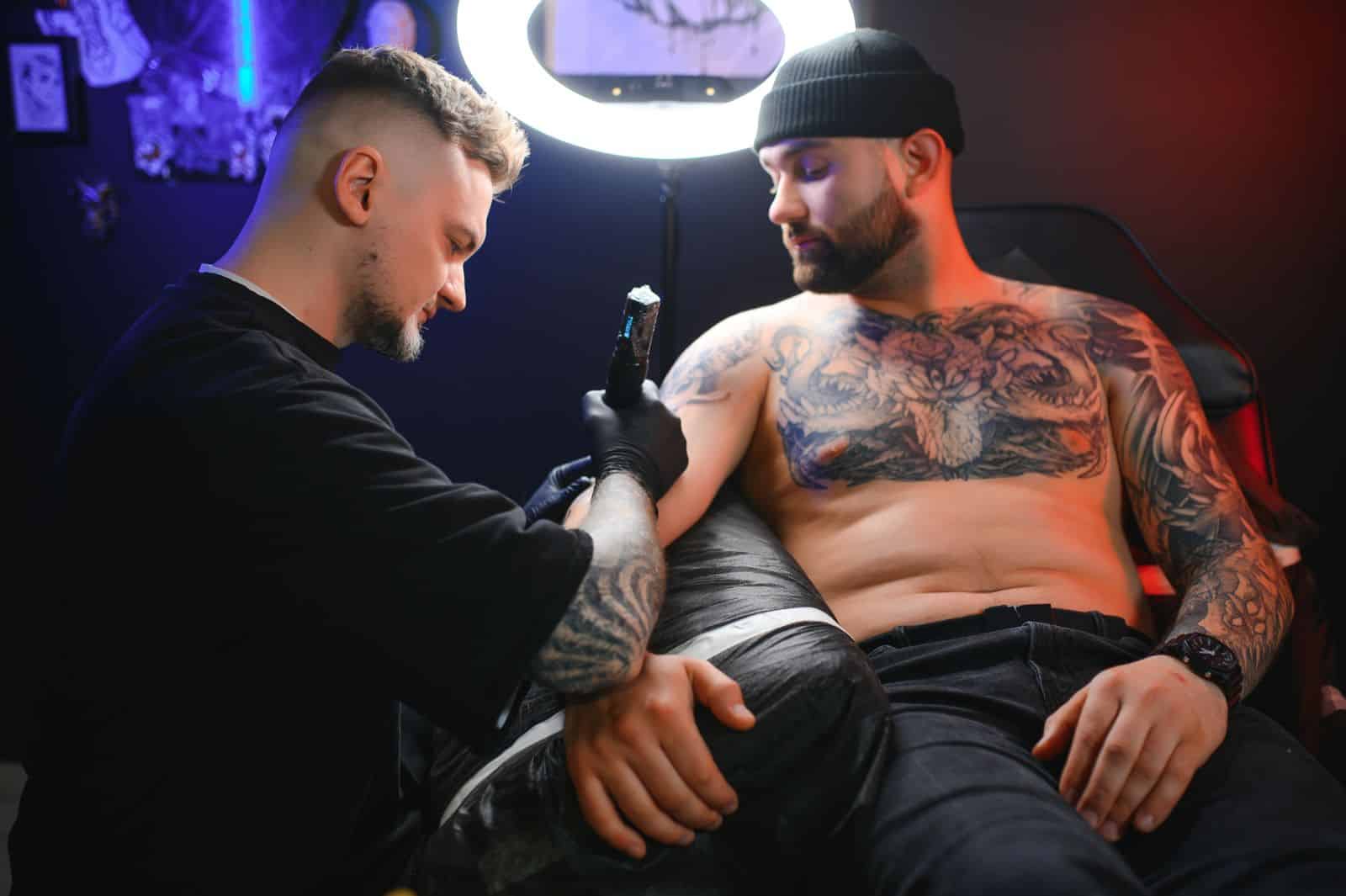
Tattoos have deep cultural significance in many indigenous communities worldwide. In the West, they are often adopted as fashion statements, popularized by celebrities like Justin Bieber and Miley Cyrus, who rarely acknowledge their historical and spiritual roots. No, it’s not just body art.
8. Henna
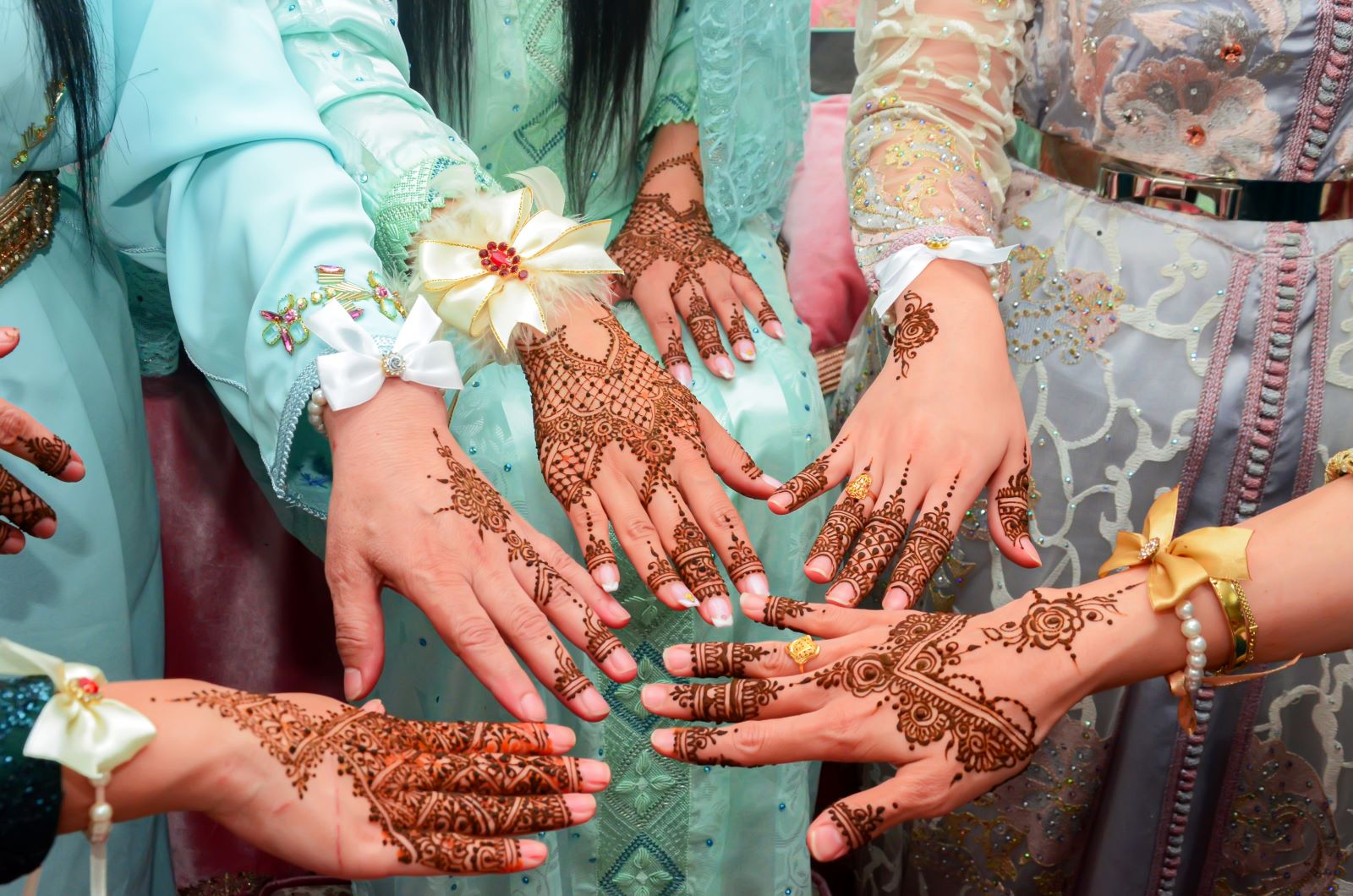
Henna, used in South Asian, Middle Eastern, and North African cultures for ceremonial purposes, is frequently co-opted in the West as a temporary tattoo trend. Celebrities like Madonna have popularized it without respecting its cultural importance. No, it’s not just a festival look.
9. Hip Hop
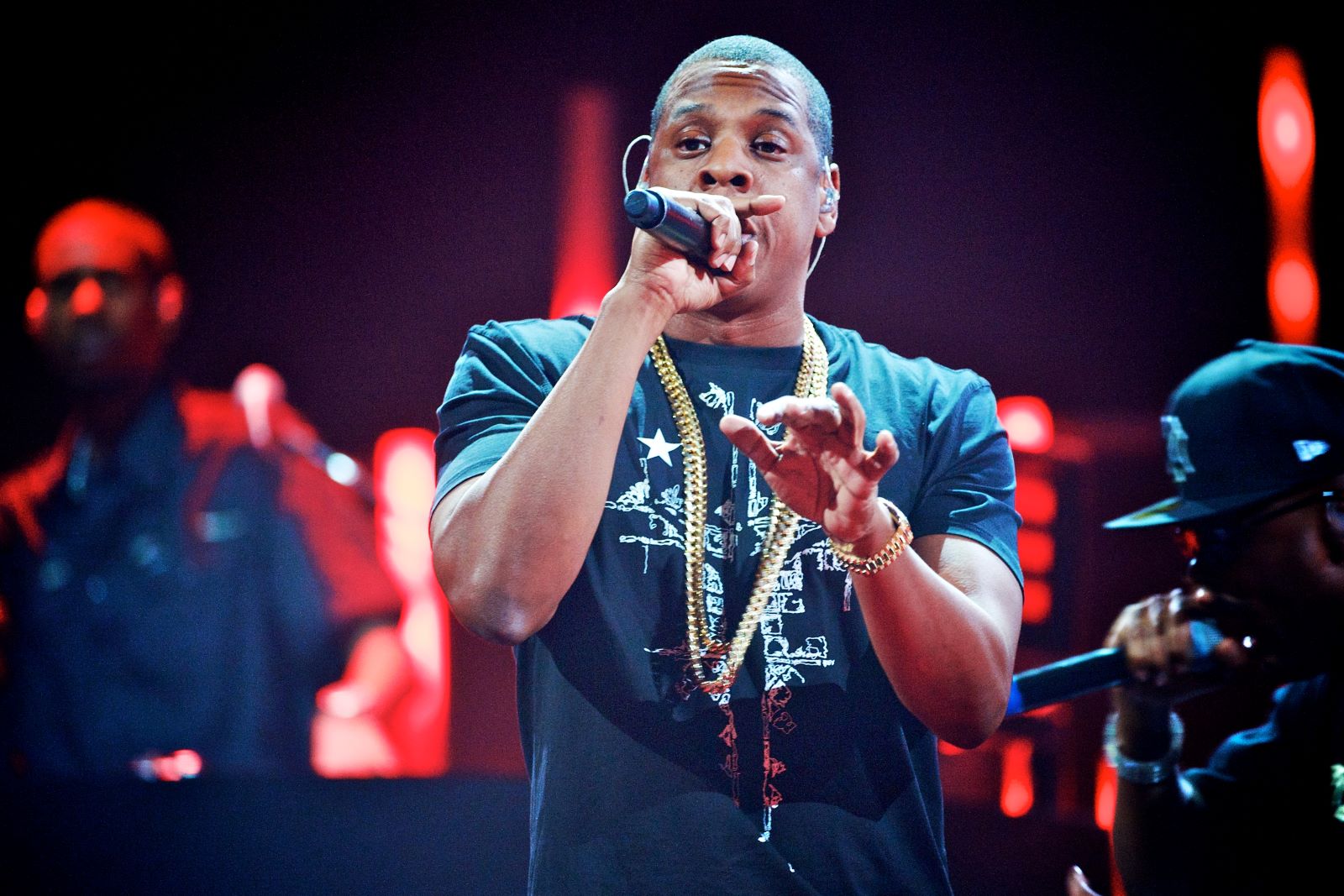
Hip-hop, originating in the African American communities of the Bronx, has become a global phenomenon. Artists like Jay-Z and Beyoncé have brought it to the mainstream, but the genre’s roots in urban struggle and creativity are often overlooked. No, it’s not just music.
10. Cornrows
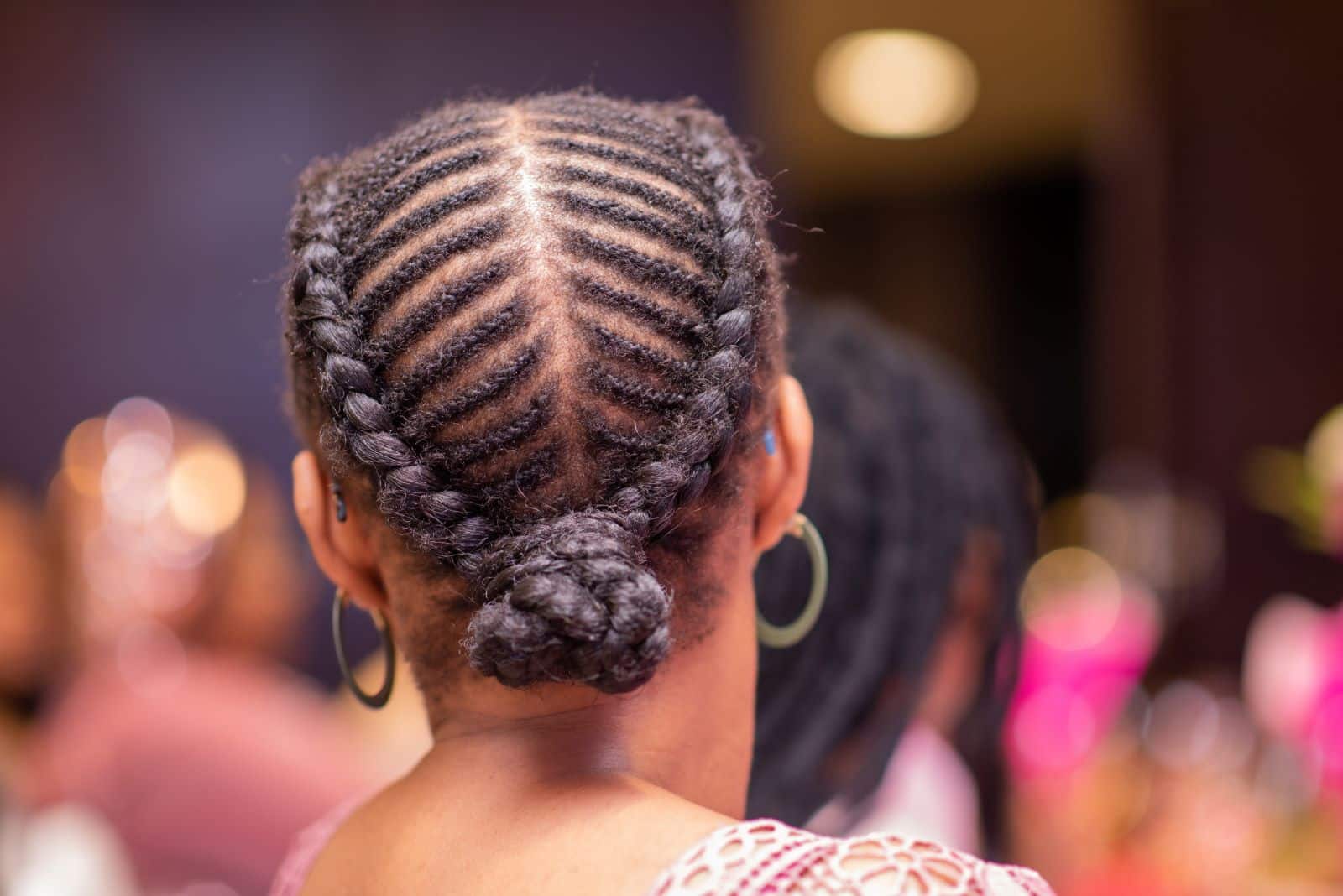
Cornrows, a traditional African hairstyle with deep cultural and historical significance, have been rebranded in the fashion world. Celebrities like Kim Kardashian have worn them as a style statement, often without acknowledging their origins and the discrimination faced by those who originally wore them. No, it’s not just a trendy hairstyle.
11. Turmeric

Turmeric, a staple in Indian cuisine and Ayurvedic medicine has been hailed as a “new” superfood in the West. Health influencers like Gwyneth Paltrow and wellness brands like Goop promote it, often ignoring its long history and significance in Indian culture. No, it’s not just a new health fad.
12. Acupuncture

Acupuncture, a key component of traditional Chinese medicine, has been adopted and often altered by Western practices. Celebrities like Jennifer Aniston and clinics like Modern Acupuncture popularize it, frequently disregarding its extensive history and cultural context. No, it’s not just a trendy treatment.
13. Breakdancing

Breakdancing, part of the Hip Hop culture originating in African American and Latino communities, is now a global phenomenon. Competitions like Red Bull BC One bring it to the mainstream, often without due recognition of its origins. No, it’s not just a cool dance move.
14. Hoop Earrings

Hoop earrings, significant in many cultures, especially among Latina women, have been appropriated as a fashion trend. Influencers like Kylie Jenner wear them without acknowledging their cultural importance and the discrimination faced by those who originally wore them. No, it’s not just a fashion accessory.
15. Tea

Tea, with its origins in China and significant cultural practices in countries like Japan and India, has been rebranded in the West. Companies like Starbucks offer matcha lattes, often ignoring its deep historical roots. No, it’s not just a fancy drink.
16. Thrift Shopping

Thrift shopping, a necessity for low-income communities, has been co-opted by the mainstream as a trendy, eco-friendly practice. Influencers like Emma Chamberlain have made it popular, often overlooking the economic struggles that made it a staple for many. No, it’s not just a hipster trend.
17. Feng Shui

Feng Shui, an ancient Chinese practice of harmonizing individuals with their surrounding environment, has been commercialized in the West. Interior designers like Marie Kondo popularize it, often stripped of its spiritual significance. No, it’s not just a home decor trend.
18. Burritos
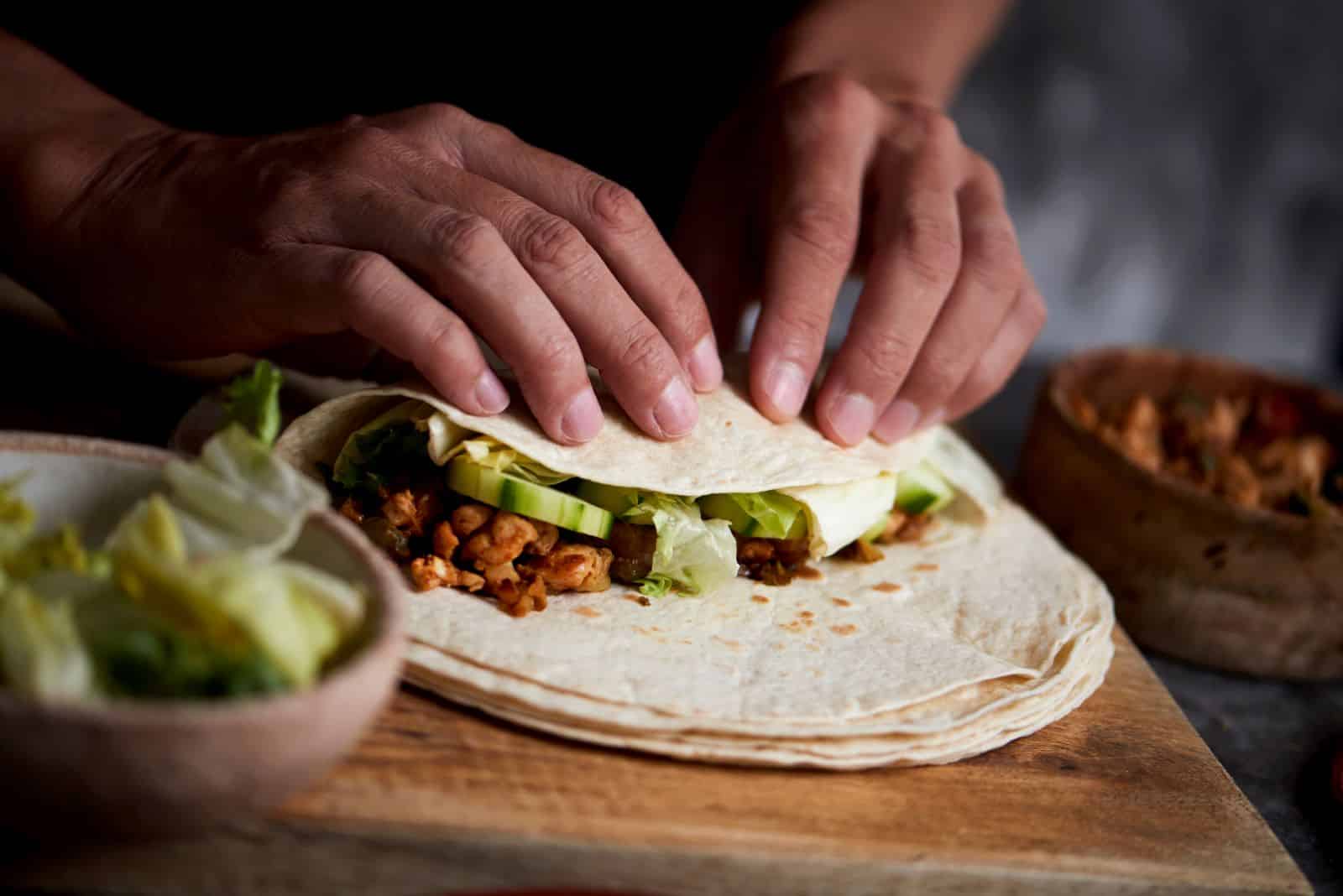
Burritos, with roots in Mexican cuisine, have been heavily Americanized. Fast-food chains like Chipotle offer versions that often bear little resemblance to the traditional Mexican burrito. No, it’s not just a quick meal.
19. Streetwear

Streetwear, originating from urban African American and Latino cultures, has been appropriated by high fashion brands. Designers like Virgil Abloh and brands like Off-White bring it to the high fashion world, often without acknowledging the cultural context and struggles it represents. No, it’s not just high fashion.
20. Reggae
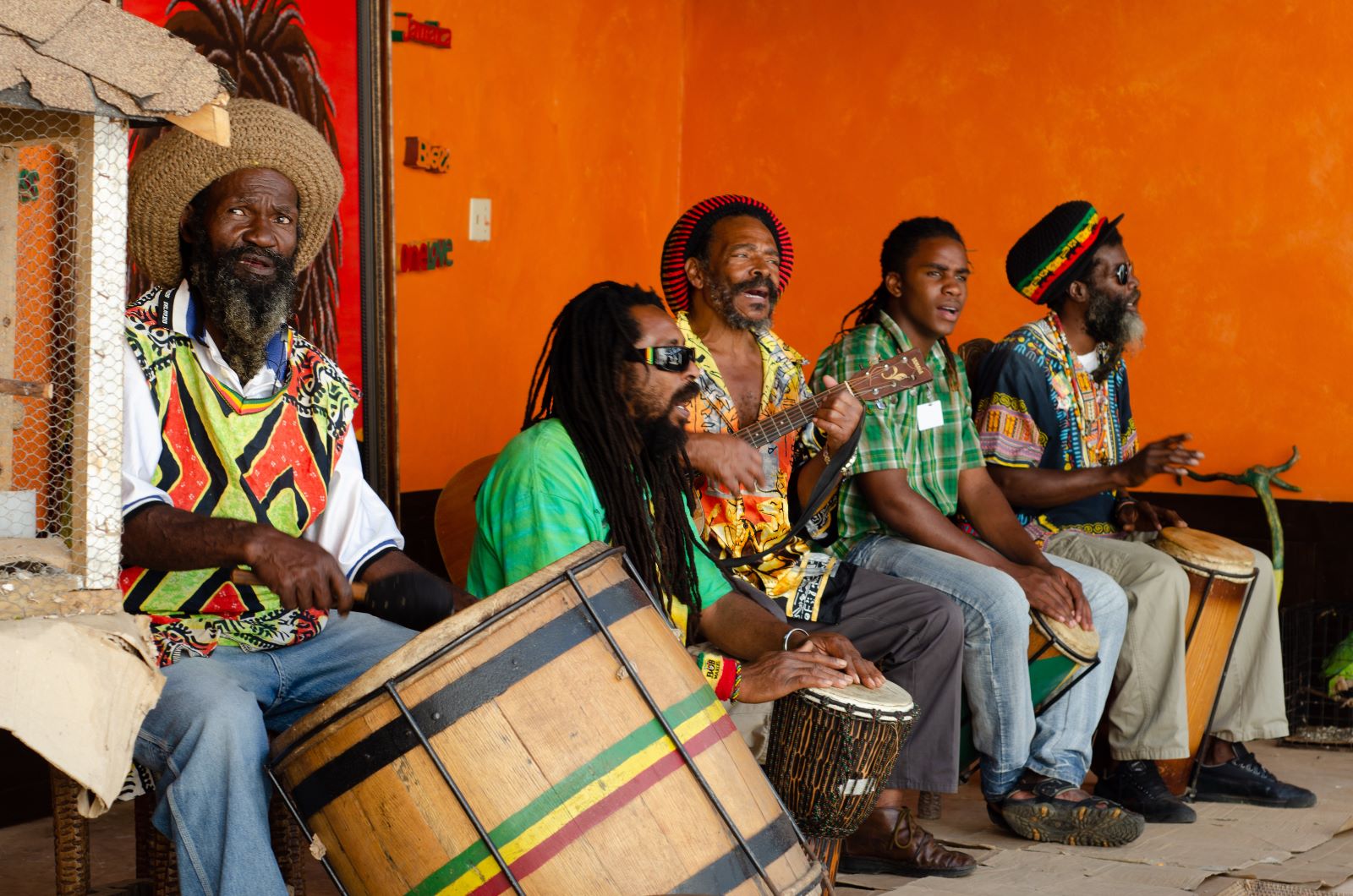
Reggae, born in Jamaica and deeply linked to Rastafarianism and the struggles of the Jamaican people, has been popularized globally. Artists like Bob Marley made it famous, but its cultural and political roots are often ignored. No, it’s not just feel-good music.
21. Mindfulness

Mindfulness, rooted in Buddhist meditation practices, has been adopted by the West as a wellness trend. Apps like Headspace and influencers like Tim Ferriss promote it, frequently ignoring its deep spiritual and cultural foundations. No, it’s not just a way to relax.
Reflecting on Cultural Appropriation
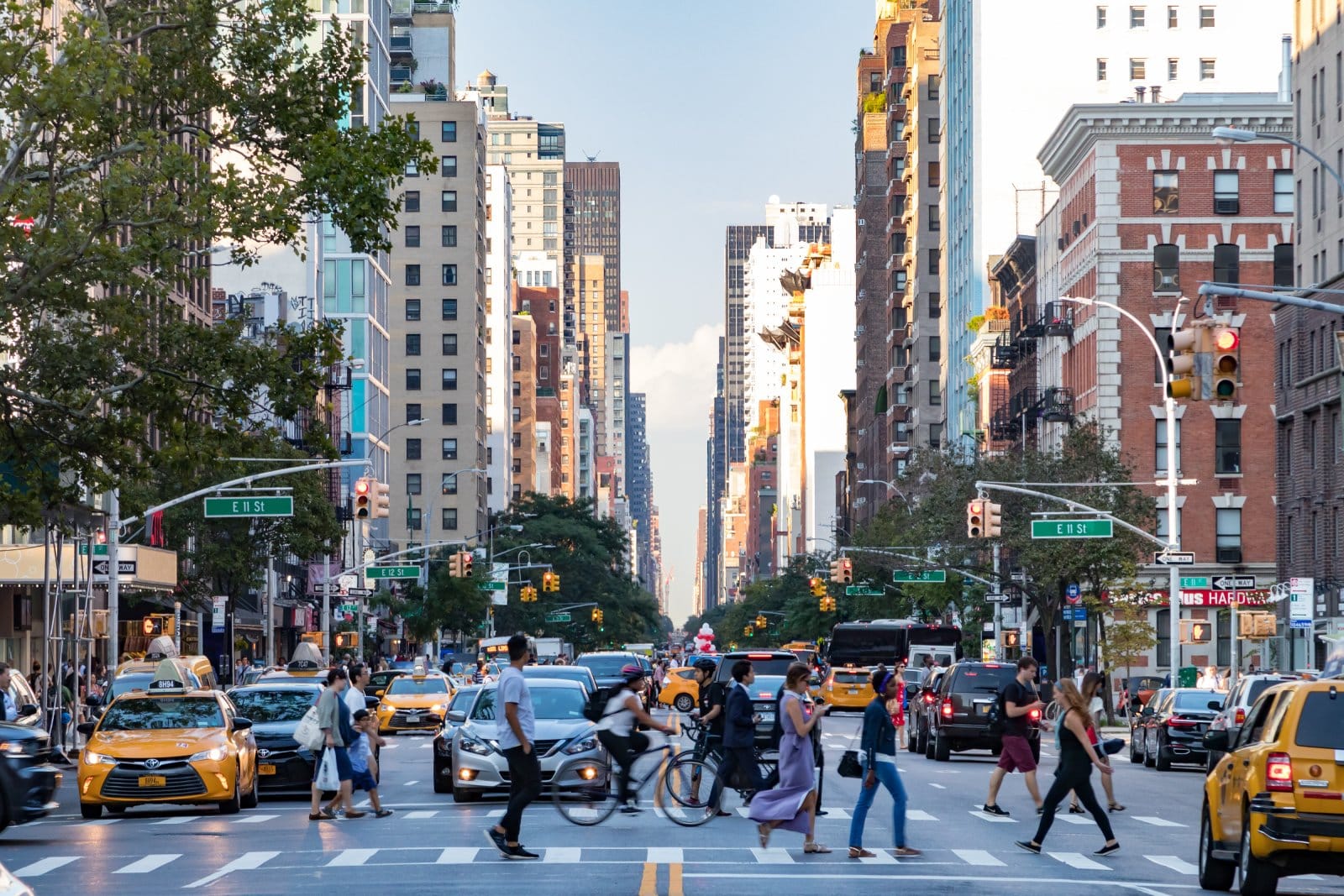
It’s crucial to recognize and respect the origins of cultural practices, foods, and fashions. Appropriating these elements without understanding their significance not only disrespects their roots but also perpetuates ignorance and insensitivity. Acknowledging the rich histories and contributions behind these cultural aspects is a step towards genuine appreciation and respect.
21 Beliefs About the Bible That Are Actually False

The Bible is one of the most discussed and debated books in history, yet many common beliefs about it are more myth than fact. How many of these misconceptions have you heard before? 21 Beliefs About the Bible That Are Actually False
21 Subtle Racisms That Are Commonplace in America

Racism in America isn’t always overt; it often hides in plain sight through subtle actions and attitudes. How many of these subtle racisms have you noticed around you? 21 Subtle Racisms That Are Commonplace in America
Only Legal in America: 21 Things You CAN’T Do in the Rest of the World
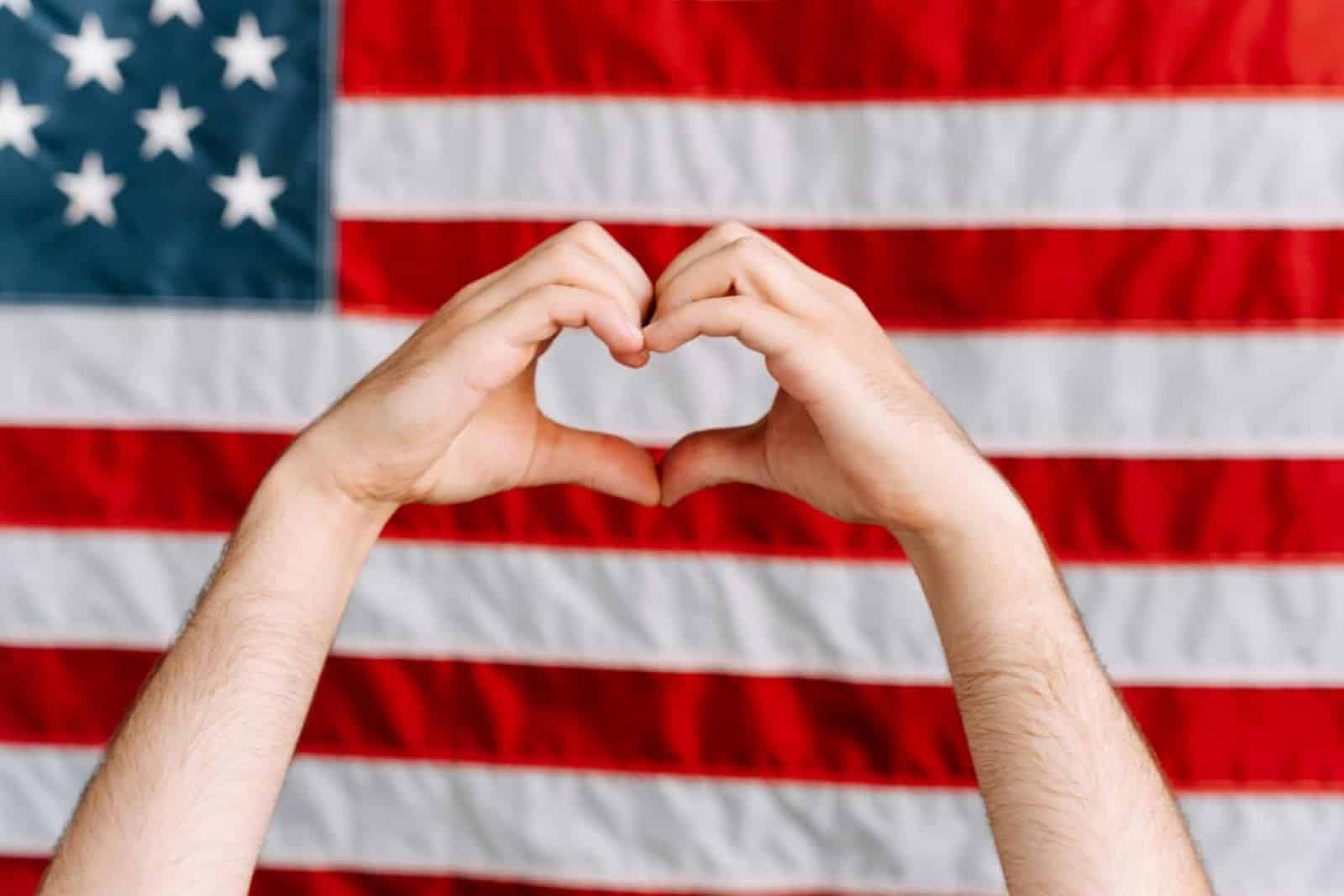
The U.S. dances to its own beat, especially when it comes to laws that make the rest of the world do a double-take. Here’s a lineup of things that scream “Only in America,” sticking strictly to what’s written in the law books. Ready for a tour through the American legal landscape that’ll leave you wondering if freedom might just be a bit too free? Only Legal in America: 21 Things You CAN’T Do in the Rest of the World
Featured Image Credit: Shutterstock / Julia Shauerman.
For transparency, this content was partly developed with AI assistance and carefully curated by an experienced editor to be informative and ensure accuracy.

